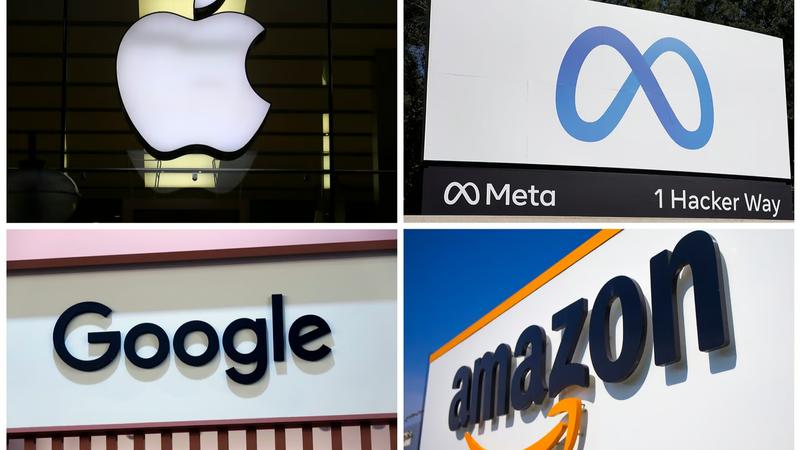Published 12:32 IST, March 14th 2024
AI makes venture capital Big Tech’s country cousin
Microsoft poured $10 billion into OpenAI sparking a rush by rivals to invest in the hottest new AI ventures.

Country mouse, city mouse. The artificial intelligence craze is humbling venture capitalists. Fledgling firms creating models that mimic human behavior, such as OpenAI, require massive amounts of data and expensive cloud computing power. That’s why AI startups are increasingly bypassing early-stage investors to seek out technology giants with deeper pockets.
Microsoft poured $10 billion into OpenAI in January 2023, sparking a rush by rivals to invest in the hottest new AI ventures. The scale of those bets spells bad news for VCs. Industry Ventures is the world’s tenth-largest venture firm, according to the Sovereign Wealth Fund Institute, with total assets of just over $6 billion. Last September, Amazon.com pledged almost two-thirds of that sum to a single investment in OpenAI competitor Anthropic. At an industry confab last month, Nina Achadjian, a partner of VC firm Index Ventures, acknowledged the growing stakes, estimating that the typical seed round raised by an AI startup has ballooned from under $5 million to roughly $25 million.
The AI brawl comes as startup investors are struggling to attract more money from their backers. The sluggish market for initial public offerings and a dearth of deal activity have hampered their ability to return capital to investors. U.S. venture capitalists raised $67 billion last year, the lowest amount in six years, according to data provider PitchBook. Even blue-chip Silicon Valley firms are lowering their ambitions. An Axios report citing multiple sources suggests Andreessen Horowitz will earmark roughly $3.5 billion for its next growth fund. That would be markedly smaller than the $5.5 billion the firm says its prior vehicle attracted.
Meantime, corporate investors are muscling in. Last year big companies such as Microsoft, Amazon and chipmaker Nvidia participated in financings representing nearly 80% of the $28 billion collected by nascent AI firms. In each of the three previous years more than 90% of the cash raised by AI startups came from traditional venture capital.

That has left venture capitalists scrambling to join in the gold rush. For example, Index Ventures last year worked out a deal whereby it pays Oracle to provide the cloud computing firm’s services to some of its portfolio companies. In exchange for relationships with these startups, which could otherwise team up with competitors such as Microsoft’s Azure instead, Oracle grants them access to AI chips for free.
Such arrangements are an example of venture capitalists using their schmoozing skills to help startup founders. They are also a reminder that early-stage investors need more than cash. Historically, attracting an investment from a well-regarded fund served as a validating signal for a startup in the eyes of other potential backers and clients. But as AI upstarts flip the script, venture capital firms are looking more and more like the Big Tech firms’ poorer cousins from the countryside.
Updated 12:32 IST, March 14th 2024





